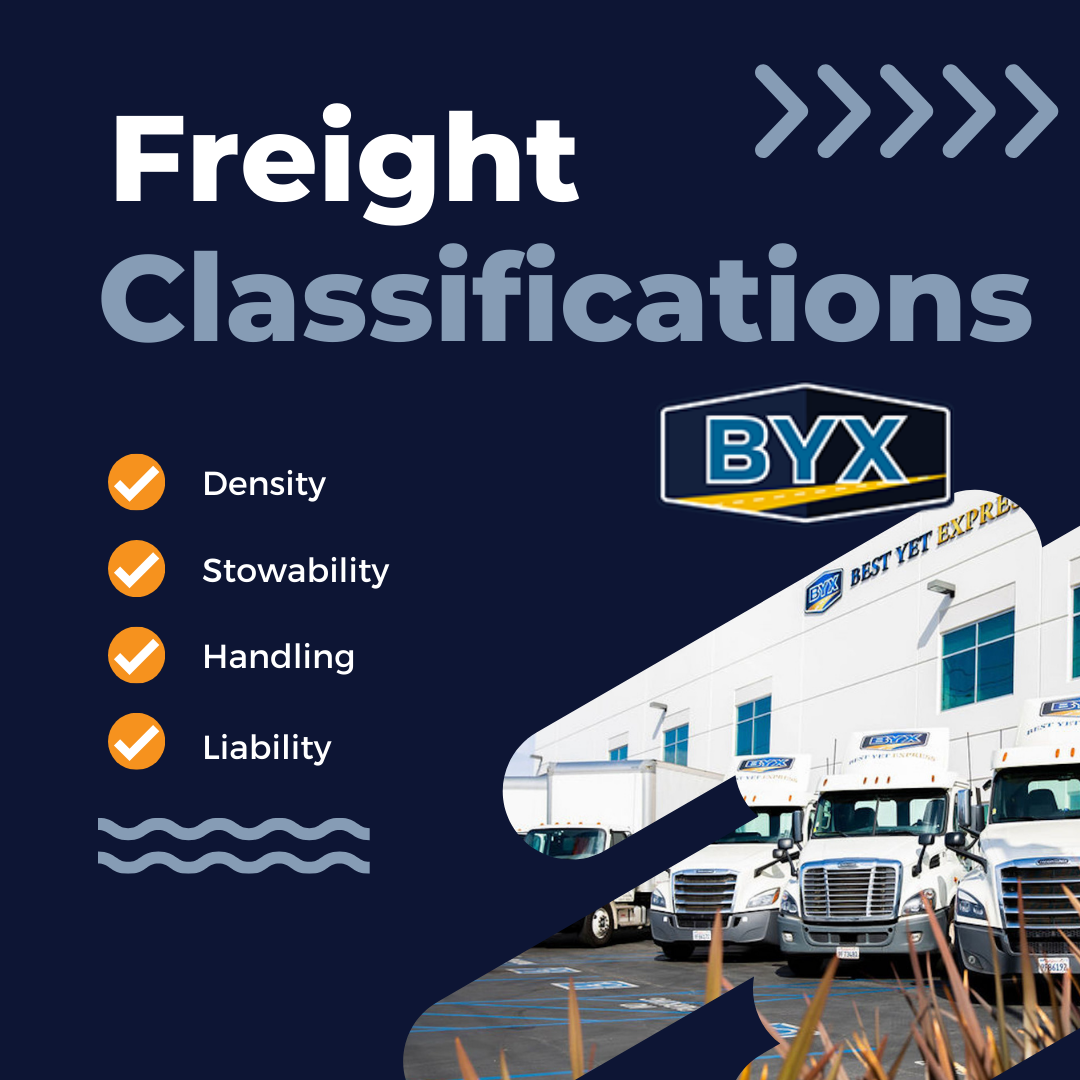A Seattle trucking startup, Convoy, was primed to become the largest logistics firm on the continent– and possibly in the world. It had a promising start, backed by big-name tech investors including Jeff Bezos and Bill Gates, and CEO Dan Lewis was an Amazon veteran himself. The company took off like a rocket in 2015. After just eight years, however, Convoy rapidly collapsed. The dramatic news came as a shock to both the tech and freight industries. So what happened, and what can we learn from a promising startup’s fall from grace?
Firstly, the freight market will always be tumultuous

To any veteran of the industry, this is common knowledge. Periods in which the demand for freight services drops significantly occur for numerous reasons, including upheavals in the global supply chain, shifts in consumer behavior, and the obvious impact of economic downturns. The status of the freight sector doesn’t always match the trajectory of the overall economy. So many factors influence freight volume that it’s impossible to predict the long-term health of the freight economy.
At the moment, it’s not doing so hot. The goods portion of the economy has remained soft, with the April For-Hire Truck Tonnage Index falling by 3.4% compared to April 2022. That’s the largest year-over-year decline since February of 2021. In all likelihood, the current freight recession is only about 40% complete, with the possibility of a broader economic recession elevating the risk of a more prolonged depression.
This freight recession looks much different than the one that took place in 2008. Between 2019 and 2022 alone, the number of trucking companies in the U.S. grew by 28%. Small carriers were drawn to the freight market by the high rates caused by the 2020 pandemic, but what goes up must come down. Those very same carriers are now struggling to keep their trucks on the road. It will likely take over a year before capacity is rebalanced with historical trends.
To insiders, the tumultuous nature of the freight industry is frustrating but predictable. The management behind Convoy didn’t seem to get the memo. Investors treated the business more like it was a tech company. It wasn’t. No matter how innovative and promising its business model appeared, at its core it was still a logistics company. As such, it was at the mercy of the same market trends as any other trucking business, regardless of its unheard-of valuation.
Convoy learned “slow and steady wins the race” the hard way
Convoy announced a $185 million capital investment valued at $1.08 billion in 2018. That was followed by another round in 2019– $400 million valued at $2.75 billion, plus an additional $410 million at a valuation of $3.8 billion in April 2022. The company leveraged debt from banks and financial firms as well to reach unprecedented levels of growth that proved to be unsustainable. Investors were originally attracted to Convoy due to their unique promise of hypergrowth, dubbed “blitzscaling.” Blitzscaling is an approach for driving rapid growth in uncertain environments, shaking up an existing market, and blowing the competition out of the water.
This tactic may work in other industries, but no matter which way you look at it, a freight startup will never be the next Amazon or Uber. In effect, Convoy was drastically overfunded from the start. By some estimates, it was valued at 10 times more than it should have been. In the end, it was unable to keep up the pace in the face of the ongoing freight recession and underwhelmed investors.
Counting on acquisition potential is a risky business
Convoy and its investors assumed that even if its business model failed, someone would want to acquire it for hundreds of millions of dollars, if not billions. That wasn’t the case. Blitzscaling mandates heavy reliance on investors. When market dynamics changed, shippers had no reason to remain loyal to Convoy. Once they could no longer offer the enticing discounts they did at launch, there were plenty of other competitors to turn to instead. Once shippers began to take their business elsewhere and Convoy’s initial projections seemed increasingly unlikely, investors lost faith, leaving the unprofitable start-up scrambling to find a buyer.
After four months, it was out of time and options. The 8-year-old company threw in the towel. After hitting a peak of nearly 1,500 employees, Convoy abruptly laid off the majority of its remaining 500 staff members without severance.
Consider Convoy’s death a cautionary tale
Anyone who owns or aspires to own a business can learn from Convoy’s demise. While other freight companies, like Yellow, have shut down over the years, none rose and fell as rapidly as Convoy. As intimidating as they were in their (brief) heyday, we can now learn from their mistakes: Overfunding and aggressive growth is a risky undertaking, especially in freight. The takeaways:
- Know your industry
- Know your worth.
- Take action. Don’t try to wait out changing conditions.
- Don’t rely on investors or acquisition as a fail-safe.







